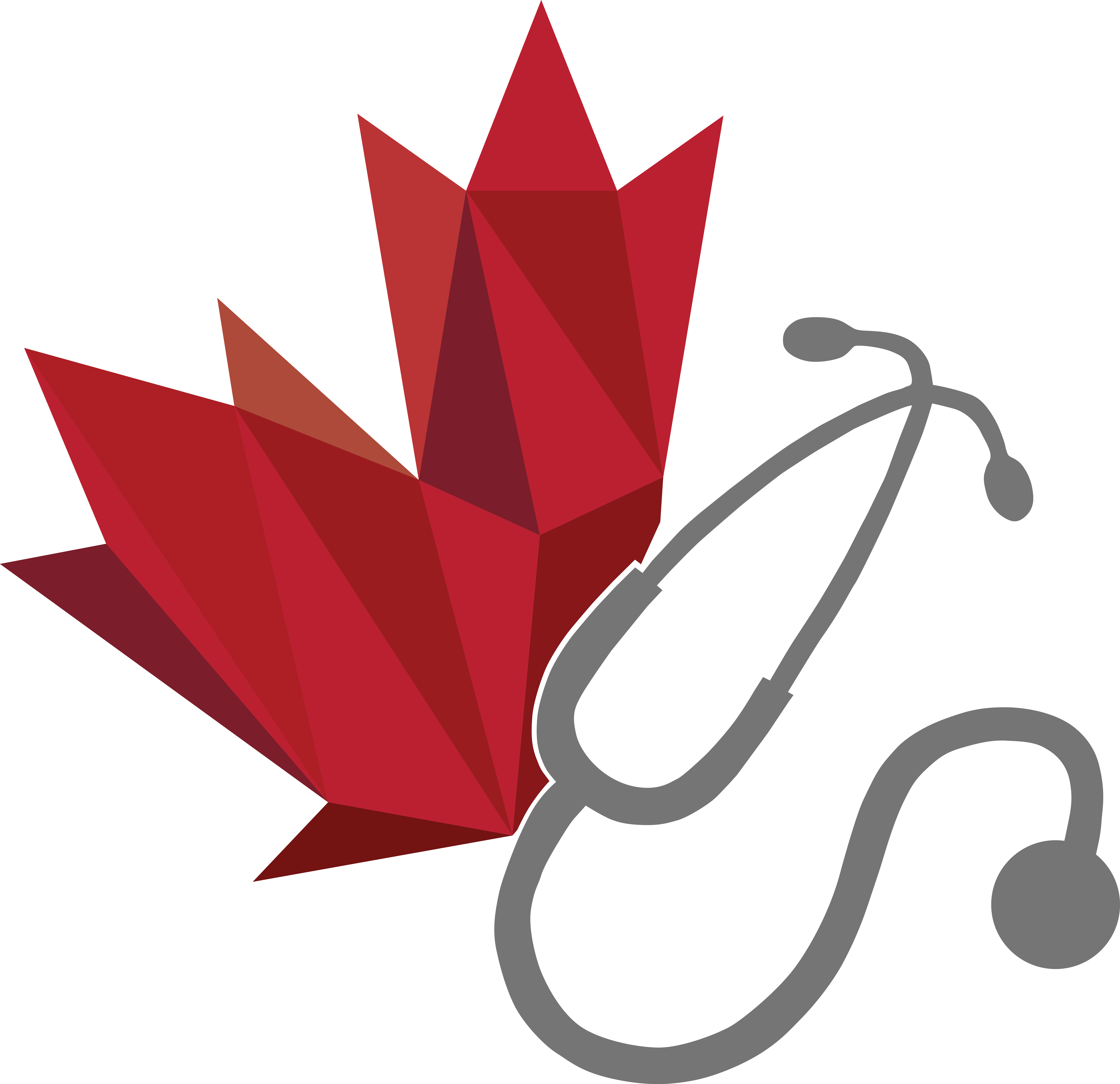About the CFMS
The CFMS is an organization representing over 8,000 medical students from 15 Canadian medical student societies from coast to coast. We represent medical students to the public, to the federal government, and to national and international medical organizations.FOR IMMEDIATE RELEASE
HALIFAX, APRIL 26, 2018 – The Canadian Federation of Medical Students (CFMS) is hopeful yet critical of the Federal Government’s 2018 Budget. The Budget included key announcements on issues that have been priority advocacy areas for the CFMS for the past four years. In addition, several position papers on these topics have been proposed for adoption by the CFMS at its Spring General Meeting, held April 26-28, 2018, in Halifax, Nova Scotia.
CFMS President, Henry Annan, participated in the Budget Stakeholder Lock-Up ahead of the official Budget announcement on February 27, 2018. We are glad to see positive steps forward on the topics of Indigenous Health, Opioids, Cannabis, Pharmacare, and Health Research. Yet, we are critical of the policy gaps that remain and need for continued advocacy.
The Federal Government’s 2018 Budget included announcements on the following key CFMS advocacy areas:
Indigenous Health. Over $4 billion (over 5 years) for Indigenous Services Canada, with announcements for health services in communities ($1.5 billion over 5 years, and $149 million per year ongoing), for: sustaining access to critical care and services ($498 million, with $97.6 million per year ongoing), delivery of culturally appropriate addictions treatment and prevention services in First Nations communities ($200 million, with $40 million per year ongoing), transformation of First Nations health systems for self-determination ($235 million), preserving access to the Non-Insured Health Benefits Program (NIHB, $490 million), responding to tuberculosis in Inuit communities ($106 million over 10 years, with $6 million per year ongoing), and health data gathering for Metis Nation ($6 million over 5 years).
Investments were also announced pertaining to social determinants of health, including clean and safe drinking water ($173 million on reserves), mental health and emotional supports for residential school survivors and their families ($248.6 million over 3 years), and housing for First Nations, Inuit, and Métis communities ($600 million over 3 years, $400 million over 10 years, and $500 million over 10 years, respectively).
The CFMS commends steps taken in moving communities towards self-determination and investing in the community - as highlighted by the policy recommendations made to the federal government on CFMS Day of Action on Indigenous Mental Wellness, held on Parliament Hill on February 12th, 2018. Over 70 medical students met with more than 60 MPs, senators and policy makers to advocate for increased federal supports of Indigenous Mental Wellness, highlighting the importance of moving towards self-determination and community consultation in determining policy and funding priorities. Read more about the CFMS Day of Action here.
Opioids. Added measures to address the opioid crisis will receive $231.4 million over 5 years (plus $13.5 million per year ongoing). This includes funding for projects to improve access to evidence-based treatment services (one-time emergency funding of $150 million for provinces and territories), public education campaigning to address stigma for those seeking treatment, increased access to public health data and analysis to increase understanding of the opioids crisis, and expanding the Substance Use and Addictions Program to create novel approaches to prevention and treatment.
The CFMS Opioids Task Force will bring forward a position paper on the Opioids Crisis with new federal recommendations to the CFMS Spring General Meeting (SGM) in April 2018, in Halifax. Read more about the CFMS Opioid Crisis Asks here.
Cannabis. As a follow up to Bill C-45 in passed in 2017, the Cannabis Act, the Federal Government is continuing investment in 2018 for the implementation of a federal legislative framework on Cannabis. This includes public education initiatives for cannabis use and risks ($62.5 million over 5 years); an assessment of the mental health impacts of cannabis to be done by the Mental Health Commission of Canada ($10 million over 5 years); and support for research on cannabis use by Canadian Centre on Substance Use and Addiction ($10 million over 5 years).
The CFMS Cannabis Task Force will bring also be bringing forward a position paper on Cannabis to the SGM this April.
Pharmacare. The creation of an Advisory Council on the Implementation of National Pharmacare was announced, reporting to the federal Minister of Health and Minister of Finance on the economic and social assessment of domestic and international models. No funding was allocated. This advisory council will be headed by former the Minister of Health of Ontario, Dr. Eric Hoskins, and will involve consultations with experts from various fields and national, provincial, territorial and Indigenous leaders. While the budget did not set out an official timeline for this council, it is predicted that the Advisory Council will report on the findings from its investigation and analysis in 2019, ensuring pharmacare will be a key issue in the 2019 federal election. The economics of a national pharmacare plan will certainly be the focus of ensuing debates, given the recent predictions by the parliamentary budget watchdog, that a national pharmacare plan could cost $19 billion, annually. Past analyses of the issue suggest that some of this cost can be offset by the augmented bargaining power that will come with a national pharmacare plan, and that “much of the money is already in the system”. Indeed, current collective costs for pharmaceuticals exceed 24 billion dollars, nationally. Critics of this move question the necessity of an additional investigation, given the plethora or evidence that exists in favour of a National Pharmacare plan.
Relatedly, though outside of the federal budget, the Federal Government has recently published
proposed changes to the Patented Medicines Regulations. These proposed amendments to the regulations are estimated to lower drug prices for Canadians by $12.6 billion over 10 years. In addition, the pan-Canadian Pharmaceutical Alliance (pCPA), a joint initiative of the federal and provincial and territorial governments, the negotiating body involved in the determination of drugs process associated with Canada’s public drug plans, reports $1.2 billion a year in savings to date.
The CFMS dedicated two past “Lobby Days” (now called Day of Action) on this issue, we will continue to contribute to the dialogue towards a truly national and universal pharmacare plan. Read more about the CFMS Pharmacare Asks here.
Health Research. The Canadian Institutes of Health Research (CIHR) is to receive 354.7 million over 5 years ($90.1 million per year ongoing). A historic investment in support for the next generation of Canadian researchers through Canada’s granting councils and research institutes was announced, which marks the single largest investment in fundamental research in Canadian history (over $1.7 billion over 5 years for young researchers).
Overall, the CFMS is pleased to hear of announcements aligning with our continued advocacy efforts. We will continue to advocate on key issues of importance for Canadian medical students and the Canadian population: Indigenous mental wellness, opioids, cannabis, pharmacare, physician resource planning in addressing the unmatched Canadian medical graduate, and medical student graduate debt and loans.
The CFMS, the national voice of Canada’s medical students, will continue to strive to embody our vision: “Tomorrow’s physicians leading for health today”.
QUOTATIONS FROM THE CFMS:
“While the CFMS is pleased to see that Budget 2018 touches on many of our advocacy efforts including national pharmacare, the opioid crisis and Indigenous mental wellness, our advocacy on these and many issues is far from over. We will continue to engage with the federal government on causes that matter in the spirit of better healthcare for all Canadians.”
- Henry Annan, CFMS President
“We are happy to hear of the highlights of gender equality and reconciliation efforts in this budget. Implementation and action to make a national Pharmacare program a reality, will be crucial, as no dollars were attached to this announcement. I am cautiously optimistic for the future - our collective advocacy efforts for pharmacare had a minor win with the creation of an advisory council, however much action and work is required to see this through for Canadians.”
- Yipeng Ge, CFMS VP Government Affairs
ABOUT THE CFMS:
The Canadian Federation of Medical Students (CFMS) is the national organization representing over 8,000 medical students at 15 medical schools across Canada. Tomorrow’s physicians leading for health today.
www.cfms.org
Follow us on Twitter, Facebook and Instagram: @CFMSFEMCFOR MORE INFORMATION:
Christina Schweitzer, Vice-President Communications
Canadian Federation of Medical Students
Email: [email protected]
Cell: 1-587-225-8165
[PDF of PRESS RELEASE: Federal Budget 2018 includes key announcements on CFMS advocacy areas, including Indigenous health, opioids, cannabis, Pharmacare, and health research](/CFMS Press Release_Federal Budget 2018.pdf)

